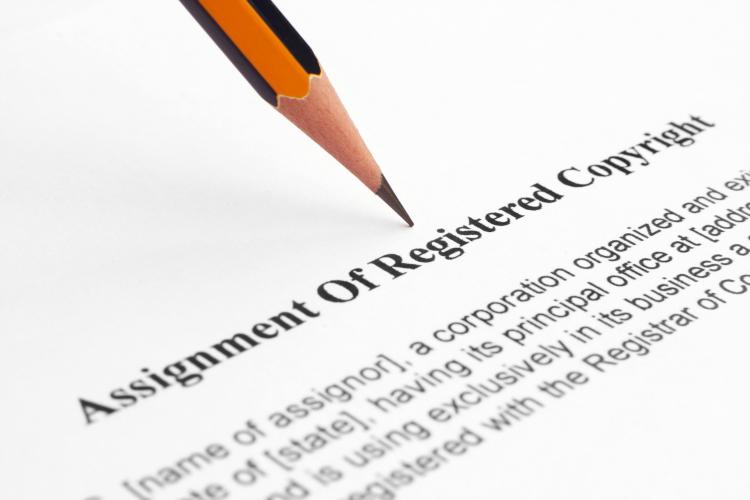
On February 24, 2022, the Supreme Court of the United States (SCOTUS) issued its decision in Unicolors, Inc. v. H&M Hennes & Mauritz, L. P., Case No. 20-915, holding that a lack of either factual or legal knowledge can excuse an inaccuracy in a copyright registration under 17 U.S.C. § 411(b)(1)(A), the safe harbor provision of the US Copyright Act.
Unicolors sued H&M Hennes & Mauritz, L.P. (H&M) for infringement of its registered copyright in various fabric designs. Although the jury found in favor of Unicolors, H&M asked the District Court to grant it judgement as a matter of law because Unicolors’ copyright registration was invalid (and thus Unicolors could not sue for infringement). In the US, unlike Canada, a valid copyright registration is a prerequisite for bringing a “civil action for infringement” of the copyrighted work.
H&M based its argument on the Copyright Office’s regulations, which provide that a single registration may only cover multiple works when those works are included in the same publication. H&M argued that Unicolors did not meet this requirement because some of the fabric designs were initially only available to select customers, while other designs were made immediately available to the general public. The District Court was not convinced by H&M’s argument and determined that Unicolors fell under § 411(b)(1)(A), as Unicolors did not know it failed to satisfy the “single unit of publication” requirement when filing for copyright registration. The safe harbor provision allows a certificate of copyright registration to remain valid even though it contains inaccurate information, as long as the copyright holder lacked “knowledge that it was inaccurate”.
The District Court’s judgement was later set aside on appeal to the Ninth Circuit, which held that the safe harbor provision only applied to good faith mistakes of knowledge in relation to facts, not law. Given that Unicolors knew the relevant facts (i.e. a portion of the designs was originally reserved for certain customers), its lack of knowledge of the law was irrelevant.
SCOTUS reviewed the Ninth Circuit’s decision and found that Unicolors indeed made a mistake of law, but did not interpret the safe harbor provision as being limited to only mistakes of fact. SCOTUS noted that nothing in the safe harbor provision suggests this narrow interpretation and nearby statutory provisions help confirm that “knowledge” refers to both knowledge of the law and facts. Furthermore, legislative history suggests Congress enacted § 411(b) to make it easier for nonlawyers to register copyright and eliminate loopholes that might prevent enforcement of otherwise valid registrations. Therefore, “it would make no sense if §411(b) left copyright registrations exposed to invalidation based on applicants’ good-faith misunderstandings of the details of copyright law.”
SCOTUS vacated the Ninth Circuit’s judgment and remanded the case for further proceedings consistent with its opinion.
Summary By: Imtiaz Karamat
E-TIPS® ISSUE
Disclaimer: This Newsletter is intended to provide readers with general information on legal developments in the areas of e-commerce, information technology and intellectual property. It is not intended to be a complete statement of the law, nor is it intended to provide legal advice. No person should act or rely upon the information contained in this newsletter without seeking legal advice.
E-TIPS is a registered trade-mark of Deeth Williams Wall LLP.
